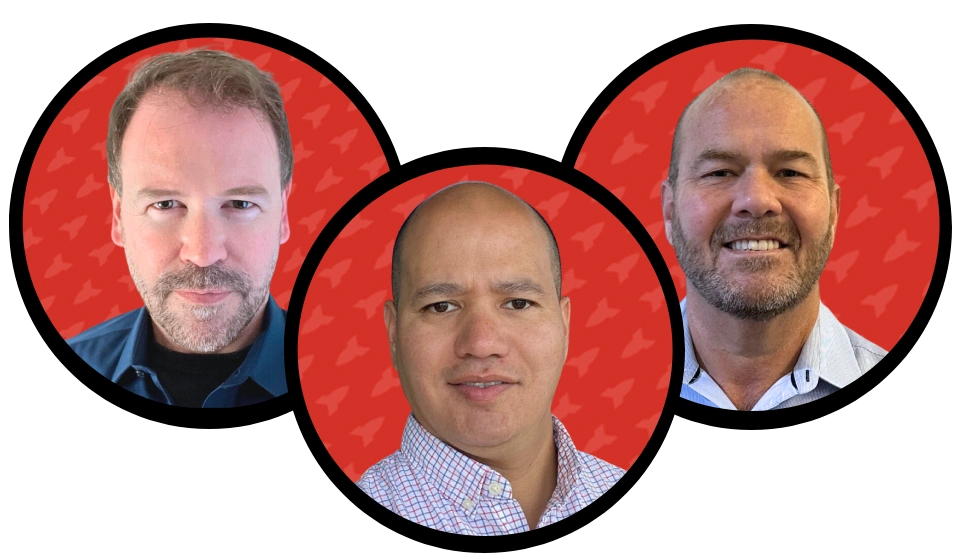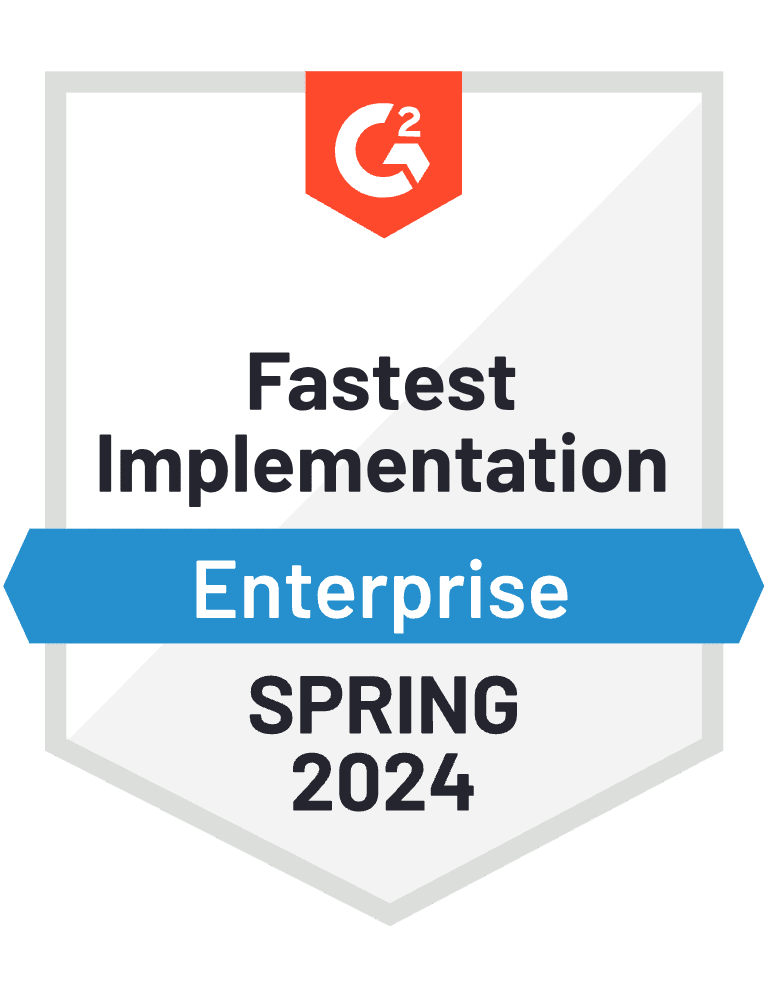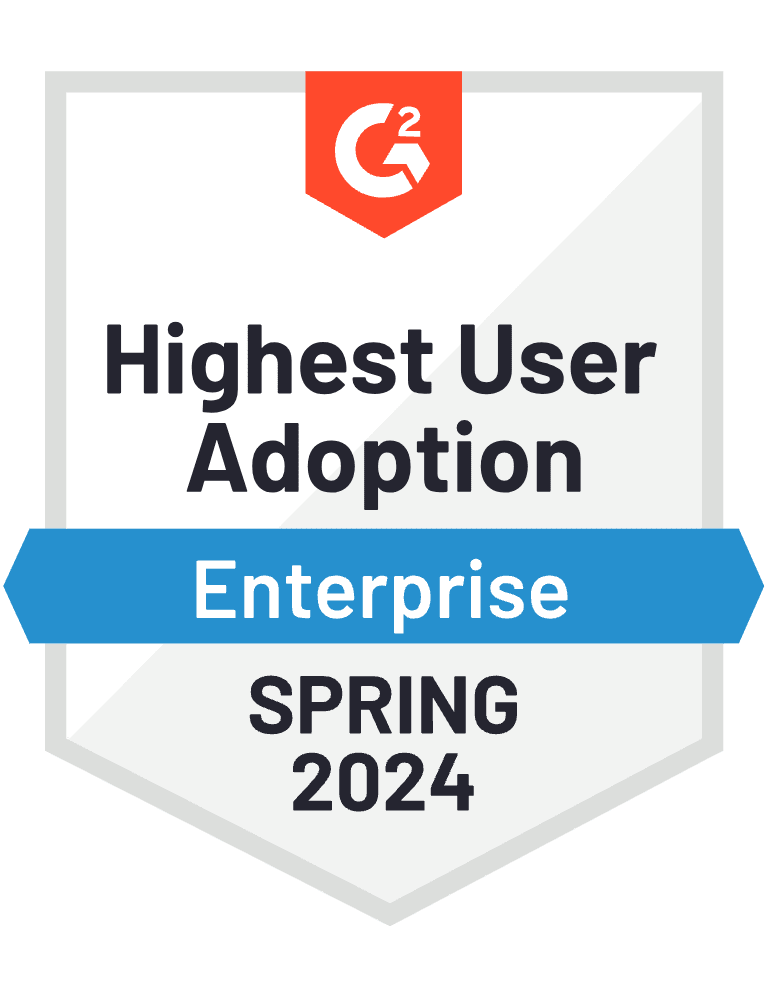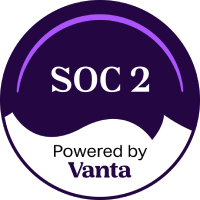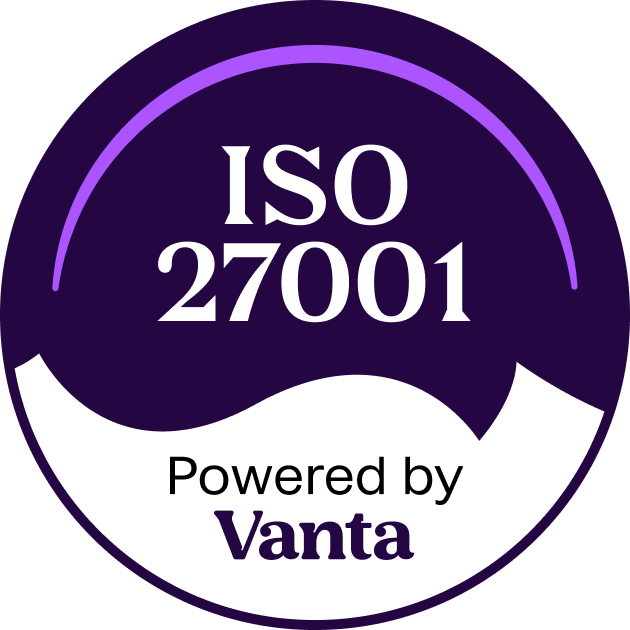One of the most overlooked yet essential aspects of managing the Request for Proposal process is the project schedule. This guide aims to shed light on what an RFP project schedule is, its components, and how to effectively manage timelines and milestones.
What is an RFP Project Schedule?
An RFP project schedule is a structured timeline that outlines the key phases, tasks, and milestones involved in the RFP process. It serves as a roadmap for both the issuing organization and potential vendors, guiding them through each step from the initial announcement to the final contract award.
Components
An RFP project schedule typically includes the following components:
- A detailed timeline
- Major milestones
- Detailed task breakdowns
- Dependencies
The significance of a well-defined RFP project schedule cannot be overstated. It serves multiple critical functions that contribute to the overall success of the RFP process.
Firstly, it acts as a risk mitigation tool by helping organizations identify potential bottlenecks and challenges early in the process. This proactive approach allows for timely interventions, reducing the likelihood of delays or budget overruns.
Secondly, a well-planned schedule aids in the efficient allocation of resources. By clearly outlining tasks and timelines, organizations can better manage their time and manpower, ensuring that each phase of the RFP is adequately staffed and executed.
Lastly, the schedule serves as a roadmap for potential vendors, offering them a clear understanding of what is expected and when. This clarity helps in managing vendor relationships and sets the stage for a more streamlined and effective RFP process.
Understanding the Timeline
Creating a timeline involves several steps:
- Define Objectives: Clearly state what you aim to achieve with the RFP.
- Identify Tasks: List down all the tasks that need to be completed.
- Estimate Durations: Assign a time frame for each task.
- Set Deadlines: Mark the end dates for each task and milestone.
Tools for Timeline Management
Managing the timeline of an RFP project schedule can be a complex task, but fortunately, there are various tools available to simplify this process. Gantt charts are particularly useful for visualizing the duration of tasks and their dependencies, offering a clear snapshot of the project’s timeline at a glance.
For those looking for more advanced features, project management software platforms like Asana, Jira, or Microsoft Project provide comprehensive solutions that allow for real-time updates, collaboration, and even risk assessment.
However, if your project is on a smaller scale or you prefer a more straightforward approach, good old fashioned spreadsheets can be an effective and accessible tool for timeline management.
Whether you opt for high-tech solutions or traditional methods, the key is to choose a tool that aligns with the complexity and needs of your RFP project.
Understanding Milestones
Utilizing project milestones enables your team to identify significant events or stages in your RFP project that signify progress.
Milestones are crucial because they act as checkpoints of sorts, ensuring that your team has the motivation and accountability required to avoid delays and stay on target.
Setting Milestones
Setting milestones is a critical step in the RFP project schedule, and it requires careful planning and consideration. One of the most effective approaches to setting meaningful milestones is to employ the SMART criteria, an acronym that stands for Specific, Measurable, Achievable, Relevant, and Time-bound.
- Specific: Each milestone should have a clear and specific objective. Vague milestones can lead to confusion and inefficiency. For example, instead of setting a milestone as “Begin Vendor Evaluations,” make it specific like “Complete First Round of Vendor Evaluations.”
- Measurable: A milestone should have quantifiable elements that allow you to gauge whether it has been successfully reached. For instance, “Receive 5 Vendor Proposals” is a measurable milestone.
- Achievable: While milestones should be challenging, they must also be realistic and achievable within the given time frame and resources. Overambitious milestones can demoralize the team and lead to delays.
- Relevant: Every milestone should align with the broader objectives of the RFP project. Irrelevant milestones can divert focus and resources away from critical tasks.
- Time-bound: Each milestone should have a specific deadline. Time constraints create a sense of urgency and help in maintaining the project’s momentum.
After defining your milestones based on the SMART criteria, the next step is to ensure that they align seamlessly with your project objectives. This alignment is crucial for maintaining a coherent and focused RFP process.
For example, if one of your project objectives is to find a vendor who can deliver a specific service within a budget, then a relevant milestone might be “Finalize Budget for Vendor Services.”
Additionally, it’s essential to communicate these milestones clearly to all stakeholders involved, including your internal team and potential vendors.
Clear communication ensures that everyone is on the same page and works towards the same goals, thereby increasing the likelihood of a successful RFP process.
Integrating Timeline and Milestones
Ensure that your milestones are synchronized with your timeline. They should complement each other and not create conflicts.Regular check-ins and status reports are essential for monitoring progress. Be prepared to make adjustments to the schedule as needed.
Common Pitfalls and How to Avoid Them
Navigating the complexities of an RFP project schedule is not without its challenges. Several common pitfalls can derail even the most well-planned schedules. However, being aware of these pitfalls and knowing how to avoid them can significantly improve the likelihood of your project’s success.
Overestimation
One of the most common mistakes is overestimating how quickly tasks can be completed. This over-optimism can lead to compressed timelines that are unrealistic and stressful for the team.
To avoid this:
- Use Historical Data: If similar projects have been completed before, use them as a reference for time estimates.
- Consult Team Members: Those who will be responsible for the tasks are the best people to provide realistic time estimates.
- Add Buffer Time: Always include some extra time to account for unforeseen delays.
Lack of Contingency Planning
Another pitfall is the absence of a contingency plan. Projects rarely go exactly as planned, and without a backup plan, you’re setting yourself up for failure.
Be sure to identify risks early. Conduct a risk assessment at the beginning of the project to identify potential issues. For each identified risk, it can be smart to develop Contingency Plans of some sort. It never hurts to have a plan B (and plan C).
Also, allocate your resources accordingly. Make sure you have the time, money, and manpower to implement your contingency plans if needed.
Poor Communication
Poor communication can lead to misunderstandings, missed deadlines, and ultimately, project failure.
To improve communication:
- Regular Updates: Keep all stakeholders updated with regular status reports.
- Clear Documentation: Ensure that all project details, including milestones and timelines, are documented and accessible.
- Open Channels: Maintain open channels of communication where team members and stakeholders can ask questions and clarify doubts.
By being aware of these common pitfalls and implementing strategies to avoid them, you can create a more resilient and successful RFP project schedule.
Wrapping Up: Timelines & Milestones Enable Success
An RFP project schedule is not just a timeline; it’s a strategic tool that can make or break your project. By understanding its components and effectively managing timelines and milestones, you can significantly increase your chances of a successful RFP process.

